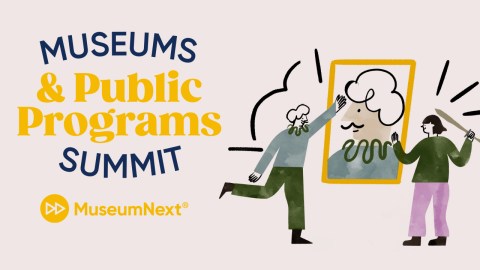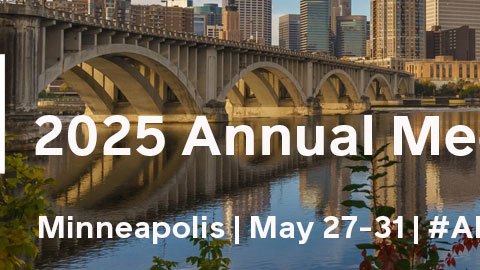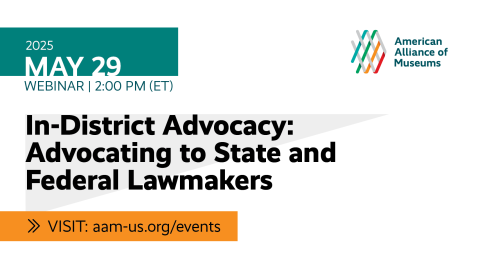This essay introduces Round Two of the Forecasting the Future of Museum Ethicsexercise. Follow this link, to vote on which of which of the issues identified in Round One will be most important to museums in the next quarter century, determining what we will examine in more depth in subsequent rounds.
The more I ponder “ethics,” the more it seems like Justice Potter Stewart’s definition of pornography: “I’ll know it when I see it.” It is just as blindingly clear, and just as hard to nail down.
Many years of handling ethics inquiries at AAM has convinced me I am not alone in my confusion. There is deep and persistent lack of agreement in the field about what ethics are (and aren’t). Other than referring to the subset of ethics issues formally addressed in Standards and Best Practices for U.S. Museums, how can we draw boundaries about what is, and isn’t an ethical issue? How do we distinguish decisions that are, first and foremost, ethical from those that can legitimately driven by consideration of business, finance, strategy and other practical concerns?
Here is my attempt to explain, in simplest terms possible, why some of the “ethical” concerns lobbed to staff at AAM don’t, for me, pass the Potter Test. I encourage you to use the comment section of the blog to agree, disagree or expand on this list.
“Unethical” is not the same as:
- Illegal. Lot’s of things are ethical but illegal (think civil disobedience, or feeding the homeless in places where that act of compassion violates local ordinances). There are plenty of things that are legal but not ethical (else there wouldn’t be so many lawyer jokes).
- Upsetting. Years of fielding complaints against accredited museums taught me that people often say “unethical” when they mean “this really ticks me off.” As in, “it’s unethical for that museum to hire a curator who hasn’t got a PhD. (…instead of me),” “it’s unethical for the museum to lay off staff,” “it’s unethical for the museum not to buy the important artifact I am trying to sell them.” (Really. Not making that one up.)
- Important. Though many important issues that are not in and of themselves about ethics may spawn ethical dilemmas down the line: e.g., museums merging, convergence of institutions like libraries museums and archives, wealthy people founding nonprofit museums, people founding for-profit museums, globalization.









Having read your post but not links or earlier posts I am just reacting to this interesting article. I believe there is an institutional consistency between business and strategy concerns and concerns of mission in the sense that if one is found lacking (based on questionable ethics) then there may very well be an institution-wide concern. I doubt that anyone has surveyed the consistency of institutional values but I'm willing to bet that the organization that has made questionable decisions with respect to acquisitions and de-acquisitions is likely to be the same institution that solicits proposals and does not notify any but the selected proposer, or changes the rules in the middle of the game. Perhaps your Delphic Oracles will resolve this in a way that gives guidance from which we can all benefit.